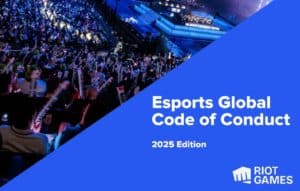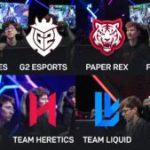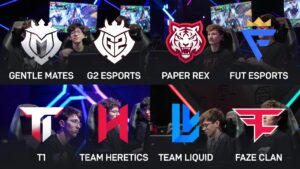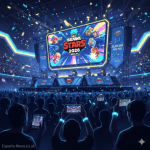Look Sports Media – Recent allegations of sexual harassment and misconduct within League of Legends esports, dating back to 2017, have sparked outrage and raised serious concerns about Riot Games’ handling of such sensitive issues. A closer look at the Riot Games Esports Code of Conduct reveals a potentially problematic clause: a six-year time limit on investigations into sexual harassment claims, subject to vaguely defined "exceptions."
This revelation comes on the heels of former pro player Jakub "Neon" Łak’s public account of alleged harassment by a member of Origen, prompting two additional anonymous individuals to come forward with similar claims, some involving alleged grooming of minors. These incidents, all potentially falling under Section 4.10 of the Code of Conduct, which explicitly prohibits harassment and sexual misconduct, may be beyond the reach of investigation due to the time elapsed.

Section 5.3.b of the Code of Conduct states that Riot will not investigate violations of this nature if more than six years have passed since the incident, regardless of when the violation was discovered. While a subsequent paragraph mentions "exceptions" for "particularly egregious conduct," the criteria for determining what constitutes such conduct remain frustratingly undefined. This lack of clarity leaves victims vulnerable and potentially discourages reporting.

Related Post
This policy raises serious questions, particularly considering the well-documented underreporting of sexual harassment, often due to fears of disbelief, retaliation, or the emotional complexity involved in processing such trauma. The fact that male victims may be even less likely to report adds another layer of concern. The six-year limit may effectively silence victims who need more time to come to terms with their experiences before feeling comfortable reporting.
Looksports.media has reached out to Riot Games for comment on how this policy might impact the ongoing allegations, but at the time of publication, we have yet to receive a response. The silence is deafening, particularly given the gravity of the accusations and the potential chilling effect this policy could have on future reporting.
The situation highlights a critical need for clearer, more victim-centric policies within the esports industry. The current framework, with its ambiguous exceptions and arbitrary time limits, risks perpetuating a culture of silence and impunity. The esports community deserves better. Victims deserve better. And until Riot Games provides concrete answers and meaningful changes, the shadow of this policy will continue to loom large over the future of League of Legends.
If you or someone you know has been affected by sexual harassment or assault, please seek help. Resources are available. Contact The Survivors Trust for support and guidance.










Leave a Comment